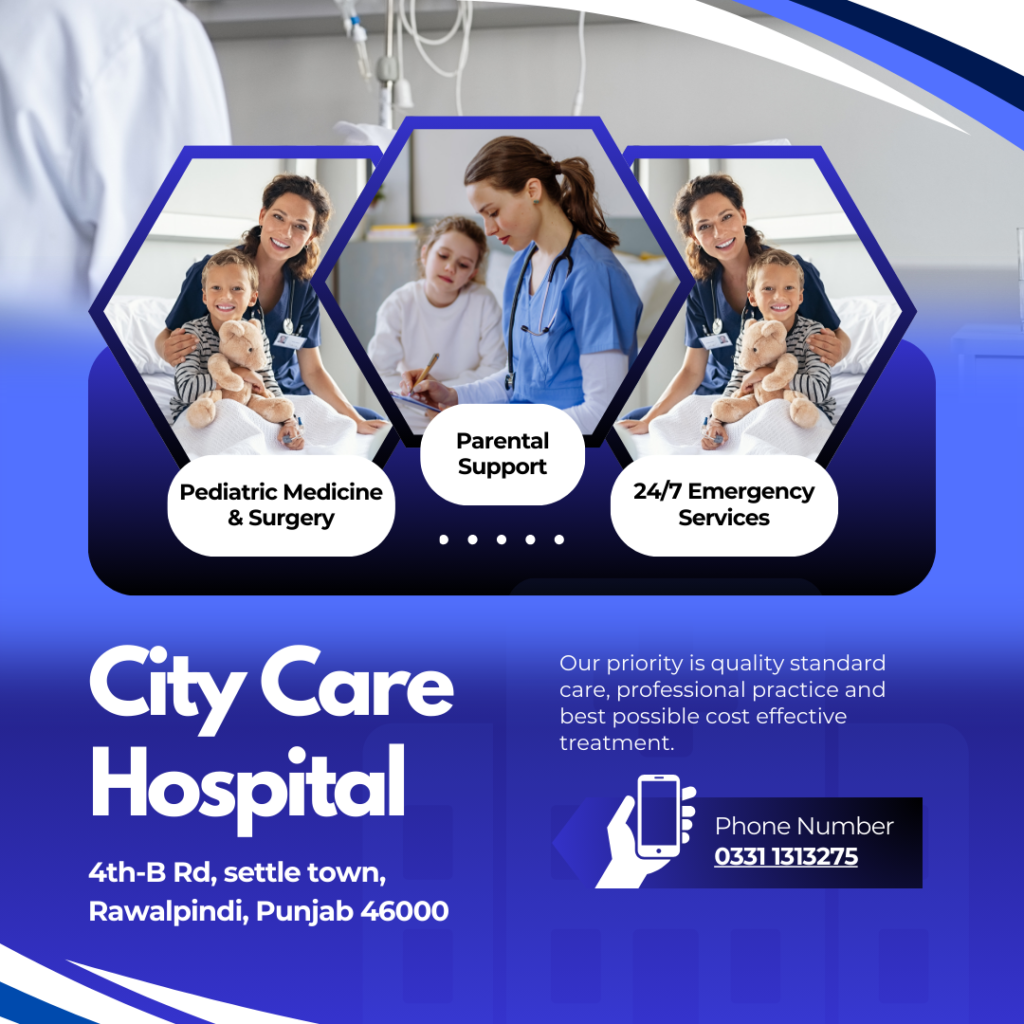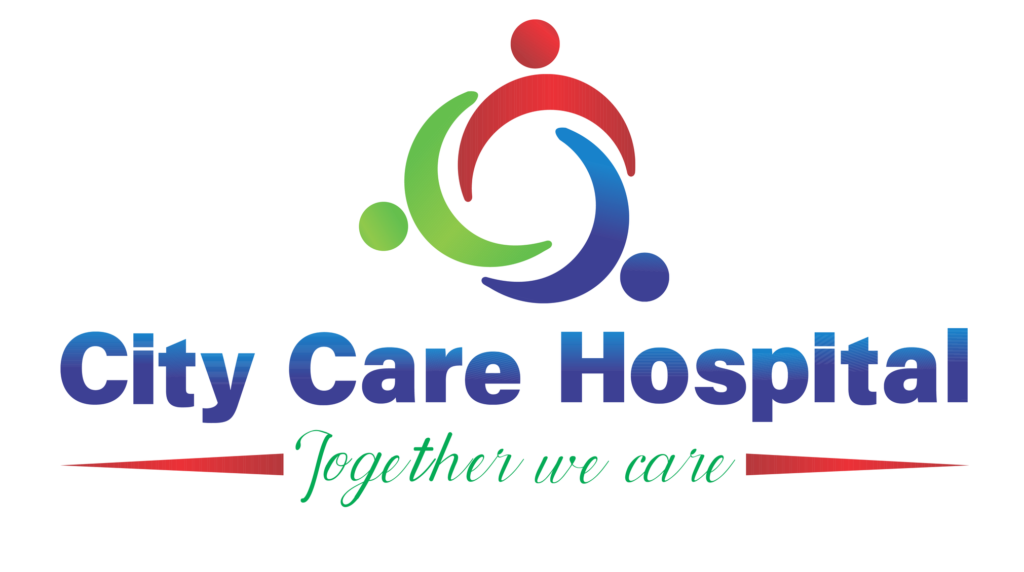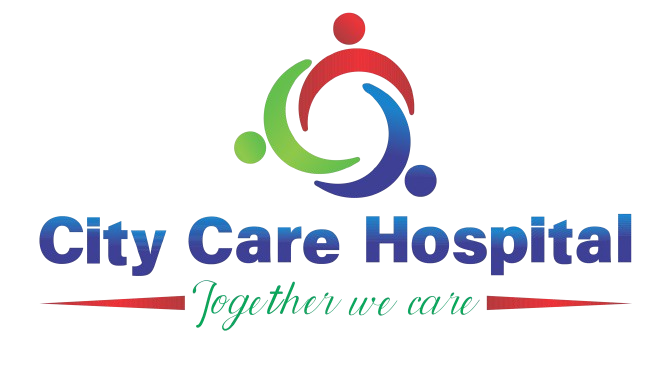Breast Cancer Screening

Breast Cancer Screening
Breast cancer is one of the most common cancers affecting women worldwide, and early detection significantly increases the chances of successful treatment. At City Care Hospital’s Department of Gynecology and Obstetrics, our Clinic for Breast Cancer Screening is dedicated to providing women with access to the latest screening technologies and expert care. Our goal is to detect breast cancer at its earliest, most treatable stage, ensuring the best possible outcomes for our patients.
Our Services
Mammography
Mammography is the most effective screening tool for early breast cancer detection. This imaging technique uses X-rays to identify abnormalities, such as lumps or changes in breast tissue density, that may indicate cancer. Our clinic provides:
- Routine Screening Mammograms – Women aged 40 and older are encouraged to undergo mammograms every one to two years, based on individual risk factors. Women with a higher risk may need to begin screenings earlier.
- Diagnostic Mammograms – If a screening mammogram reveals abnormal findings or if symptoms such as lumps, pain, or nipple discharge are present, a diagnostic mammogram is performed for a more detailed evaluation.
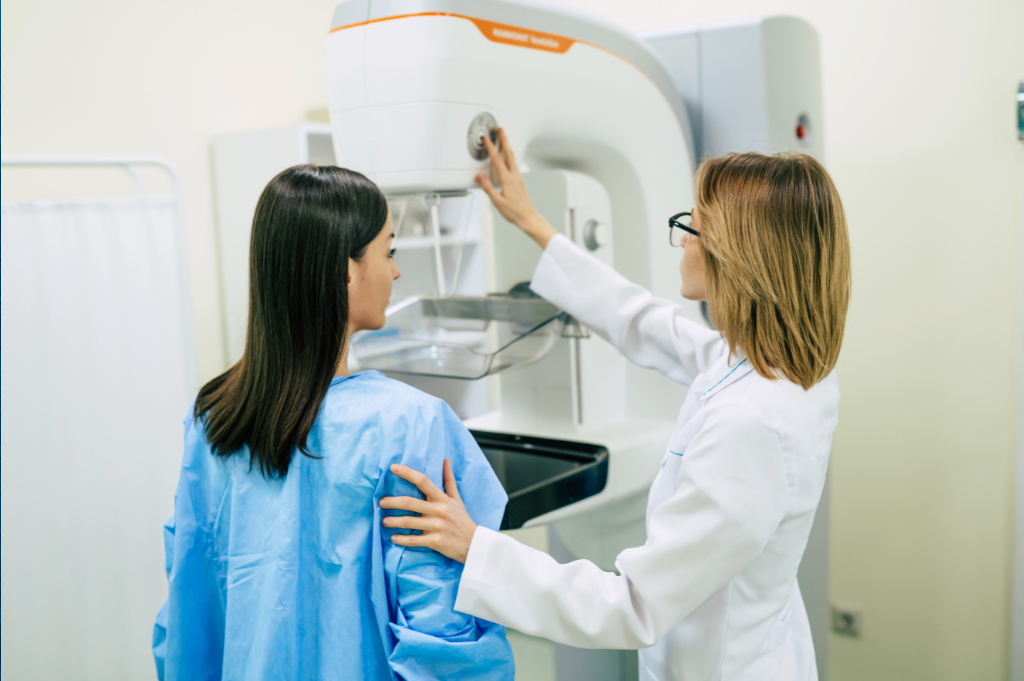
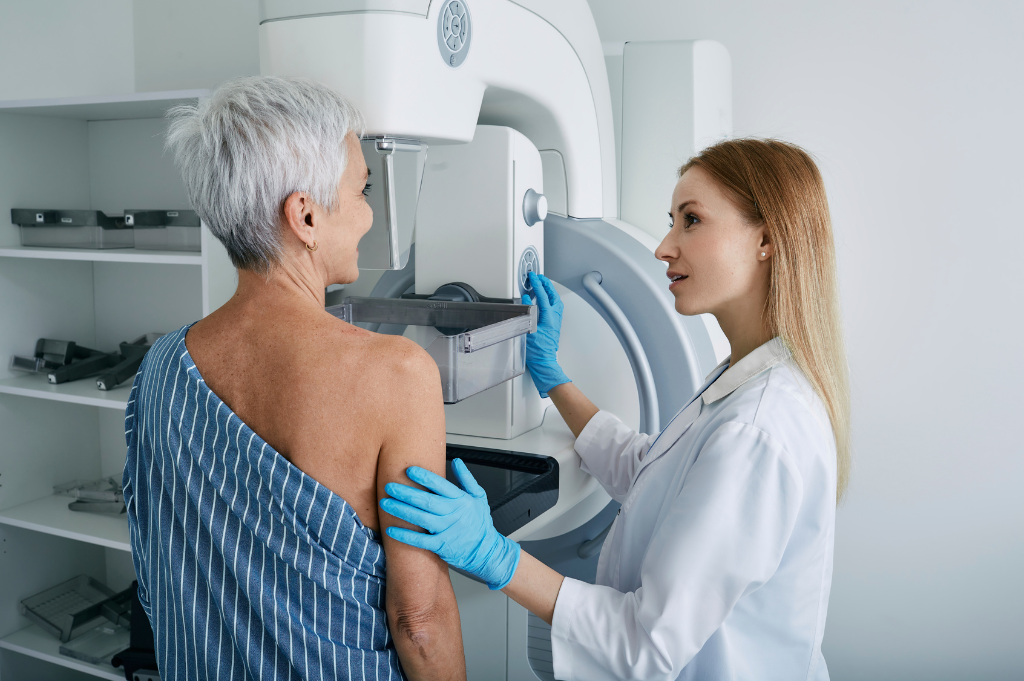
3D Mammography (Tomosynthesis)
We offer 3D mammography, an advanced imaging technique that takes multiple X-ray images from different angles to create a three-dimensional view of the breast. This technology is especially beneficial for women with dense breast tissue, as it enhances image clarity and reduces false positives or missed diagnoses.
Breast Ultrasound
For women with dense breast tissue or those requiring further evaluation after an abnormal mammogram, breast ultrasound provides additional imaging. Using sound waves, ultrasound distinguishes between solid masses and fluid-filled cysts. It is a non-invasive, painless procedure that complements mammography for more accurate diagnosis.
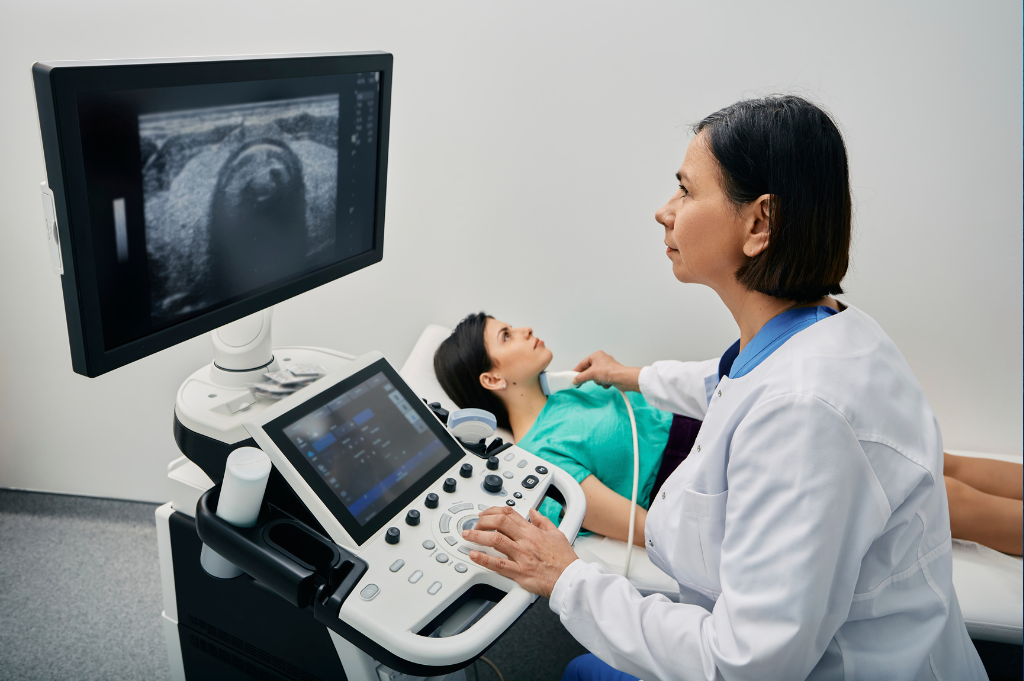
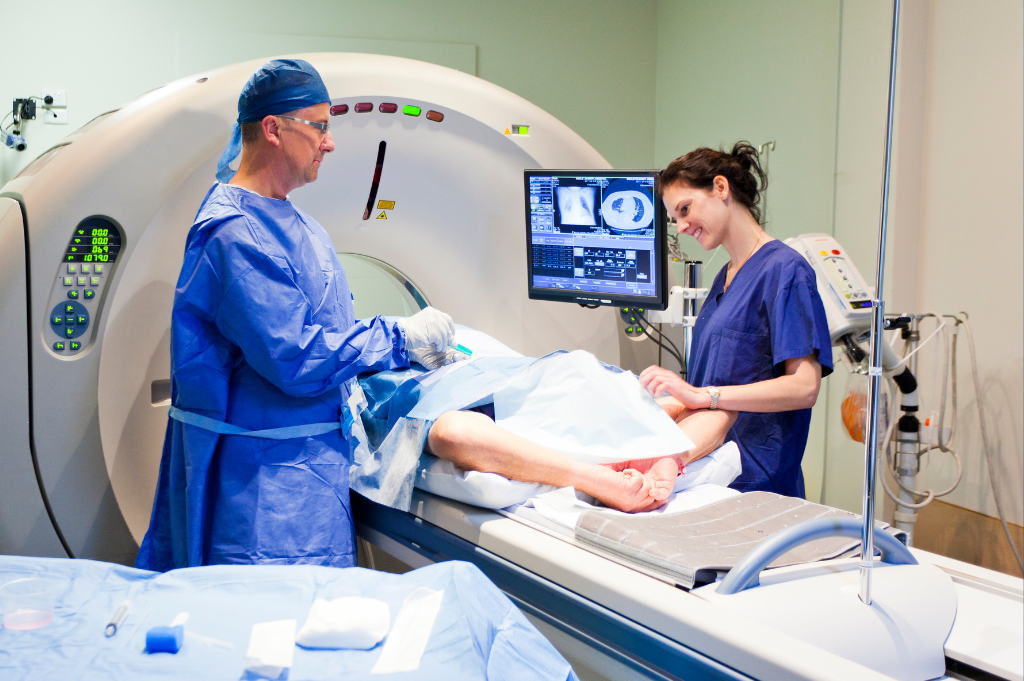
Breast MRI (Magnetic Resonance Imaging)
Breast MRI is a highly sensitive imaging technique that detects breast cancer in high-risk women. It uses magnetic fields and radio waves to produce detailed breast images. MRI is recommended for:
- Women with dense breast tissue.
- Individuals with BRCA gene mutations or a family history of breast cancer.
- Patients requiring post-treatment surveillance after a previous breast cancer diagnosis.
Breast MRI is typically used alongside mammography, not as a replacement.
Clinical Breast Exams and Self-Examination Guidance
Regular clinical breast exams, performed by our trained healthcare professionals, help detect lumps or abnormalities in the breasts and underarm areas. Additionally, we educate patients on breast self-exams, enabling them to monitor changes between scheduled screenings.

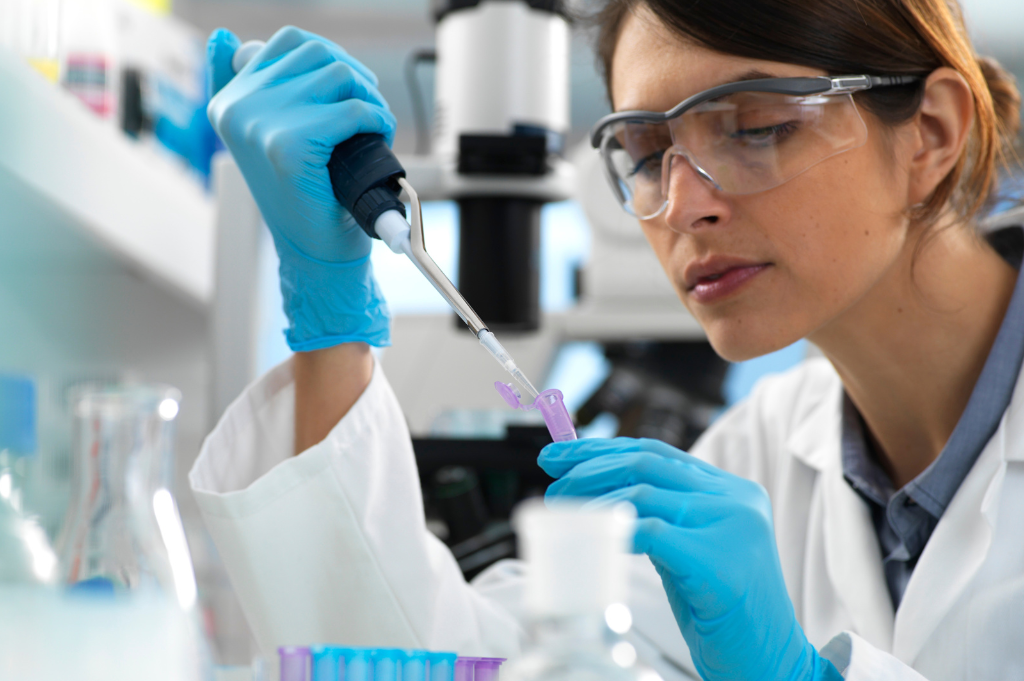
Genetic Testing and Counseling
For women with a family history of breast cancer or genetic mutations, we offer genetic testing to assess their risk. Testing for BRCA1, BRCA2, and other related genes helps women make informed decisions about:
- Enhanced screening options.
- Preventive medications.
- Risk-reducing surgery (if necessary).
Our genetic counselors provide expert guidance on understanding test results and planning the next steps for prevention and care.
Risk Assessment and Personalized Screening Plans
Because breast cancer risk varies among individuals, our clinic offers personalized risk assessments based on:
- Family history and genetics
- Age and lifestyle factors
- Previous breast health concerns
Women at higher risk may be advised to undergo more frequent screenings or additional imaging, such as MRI or ultrasound, for comprehensive monitoring and early detection.

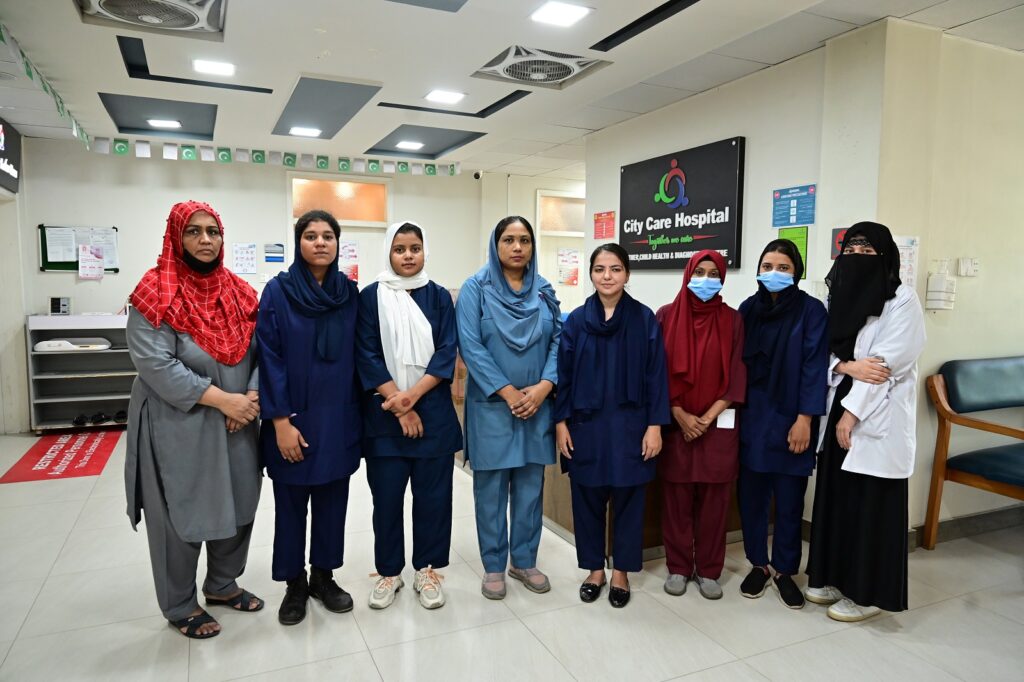
Breast Health Education and Preventive Counseling:
We believe that educating women about breast health is key to prevention and early detection. Our clinic offers counseling on lifestyle factors that can reduce the risk of breast cancer, such as maintaining a healthy diet, exercising regularly, avoiding tobacco use, and limiting alcohol consumption. We also provide guidance on hormone replacement therapy (HRT) and its potential risks in relation to breast cancer.
Biopsy Services:
If a suspicious lump or abnormal area is detected through imaging, we offer biopsy services to obtain a sample of breast tissue for further analysis. A biopsy is the only definitive way to determine whether a lump is cancerous. We use minimally invasive techniques such as fine-needle aspiration, core needle biopsy, and image-guided biopsy to ensure accurate diagnosis with minimal discomfort.
Why Choose City Care Hospital?
Our hospital is home to a diverse team of highly qualified and experienced doctors, specialists, and healthcare professionals committed to providing
the highest standard of care.
We offer cutting-edge medical technology and modern
facilities to ensure accurate diagnostics and effective treatments, all under one roof.
From emergency services to specialized clinics, we provide a full range of healthcare services tailored to meet the unique needs of every patient.
We adhere to the highest standards of safety and
quality in all aspects of healthcare delivery, ensuring our patients receive the best possible outcomes.
Our fully equipped emergency department is open around the clock, ready to handle any medical situation with prompt and professional care.
: Our focus is on personalized care, ensuring that every
patient receives compassionate attention and treatment that is designed specifically for
their needs.
